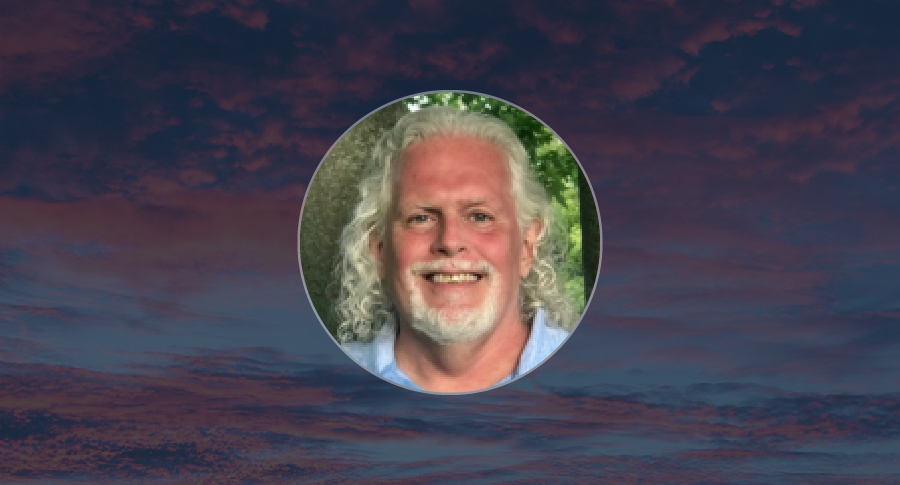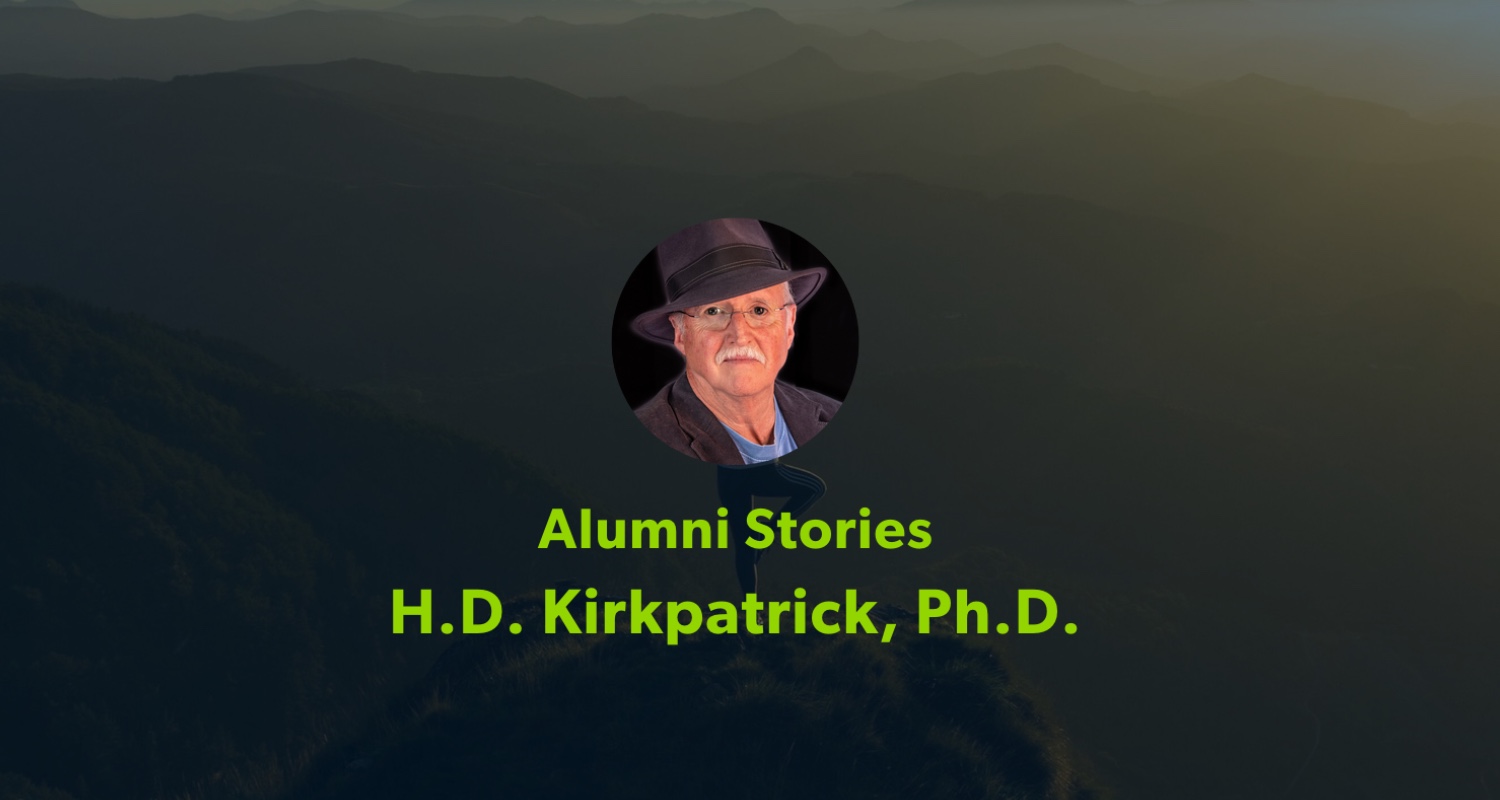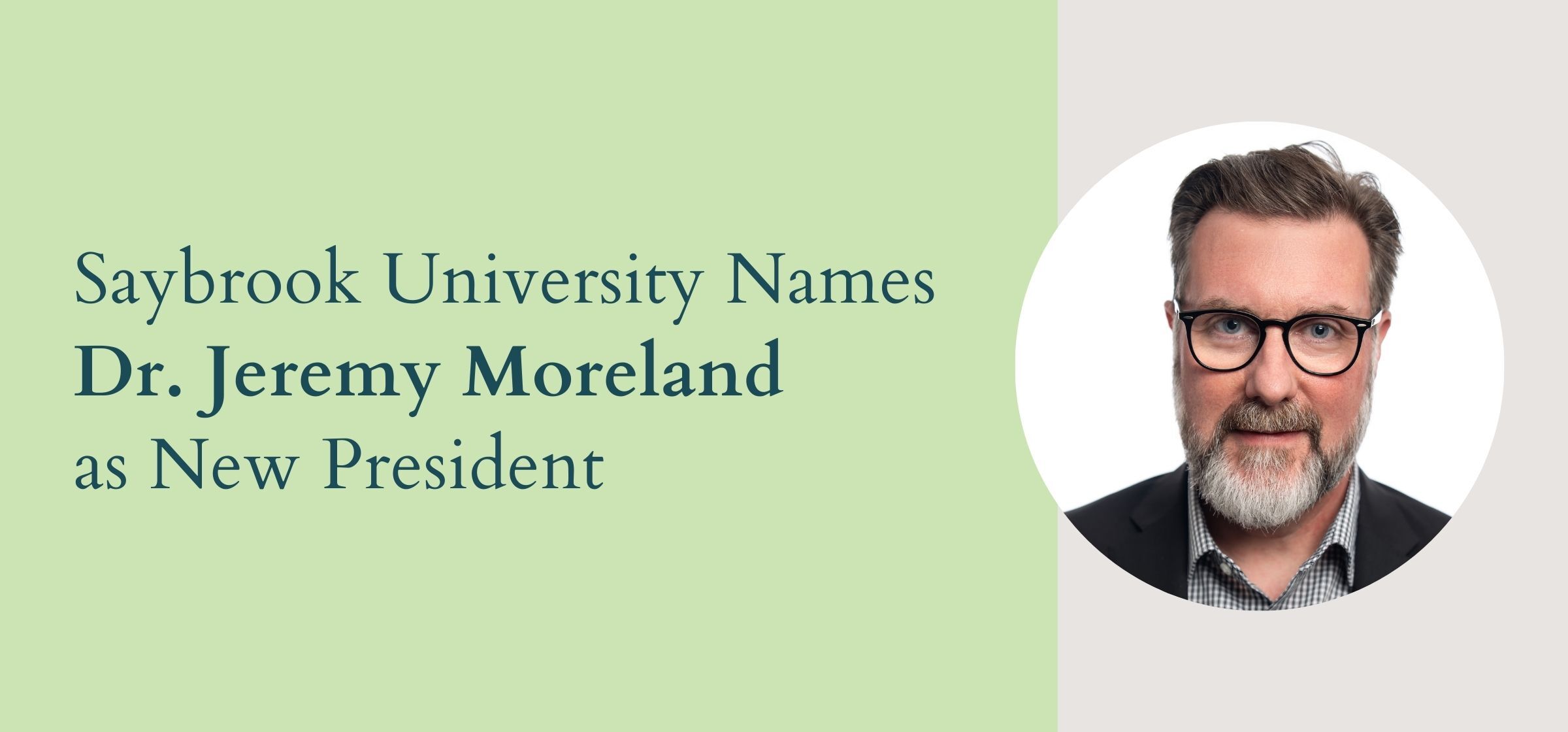Drake Spaeth, Ph.D.
Faculty, Humanistic and Clinical Psychology
"Saybrook is where I've really been able to explore the full existential humanistic perspective that inspired me and drives my passion."
Transformer
With the same youthful enthusiasm that first began his journey, Dr. Drake Spaeth inspires curiosity and meaningful interaction in his classes as he strives to help those around him unlock the power and meaning of humanistic psychology.
Not many people discover their life’s calling in childhood, but a career in psychology nearly knocked Saybrook University’s Drake Spaeth, Psy.D., over the head—literally.
Dr. Spaeth, Saybrook Humanistic Psychology Department chair and Existential-Humanistic Psychology Specialization coordinator, approaches life with unbridled curiosity and enthusiasm he feels fortunate to have retained since childhood.
“When I’m feeling patient, generous, and in touch with my sense of humor and play, I feel blessed because I feel like a part of me has stayed at age 10 while the rest of me grew up and got old,” he says with a twinkle in his eye. “There’s a part of me that stayed a child in the greatest way possible; a boyish kind of enthusiasm that’s alive and well.”
Perhaps it has to do with the moment he discovered psychology around the age of 11, a story he tells fondly.
“I was in a very small bookstore in a shopping mall looking at the sci-fi/fantasy section, when a book from the psychology section above fell off the shelf and bonked me on the shoulder,” he recalls. “It was titled, ‘The Portable Jung.’ Up to that point, my big career aspiration was to become a geologist, so I hadn’t even thought about psychology of all things. But I started reading a little bit, and I was just captured.”
After studying psychology throughout his higher education and postgraduate experiences, Dr. Spaeth went on to serve as an educator in various forms at Lakehurst College, The Chicago School of Professional Psychology, and Northwestern University. When he moved his teaching practice entirely online, he began adjunct teaching for Saybrook University. A few years later, he assumed his roles as chair of the Humanistic Psychology Department and coordinator of the Existential-Humanistic Psychology Specialization.
Throughout his studies, Dr. Spaeth has found a deep appreciation for humanistic psychology and existential psychology, inspired by the works of psychologists like Carl Rogers and Rollo May. His passion for humanistic approaches has informed his teaching, helping him keep his students inspired.
“I love sharing my excitement about questions in existential psychology and sharing things that I’ve learned along the way,” he explains. “I love drawing out the commonalities of experience that students and clients have, and then seeing their curiosity awaken. I think curiosity is one of the single greatest qualities of being human.”
Saybrook students keep Dr. Spaeth’s curiosity thriving every day.
“Recently, I’ve seen an evolution in students in a very short time,” he says. “They’ve become very challenging in the best ways. They don’t take anything at face value, and it can be startling, but it keeps me on my toes and keeps me feeling young. Their lively curiosity invigorates mine.”
As existential-humanistic psychology begins to assume a greater role in mainstream conversations, Dr. Spaeth is excited about being a part of Saybrook to help expand the understanding of the existential-humanistic paradigm on a global level.
“The old humanistic psychologists used to say, ‘If I just know how to express myself, everything is going to be OK,’” he says. “But not everybody gets to do that. And until we all can do that, we can’t say that any of us are whole.”
Find Out More
Recent Posts






























